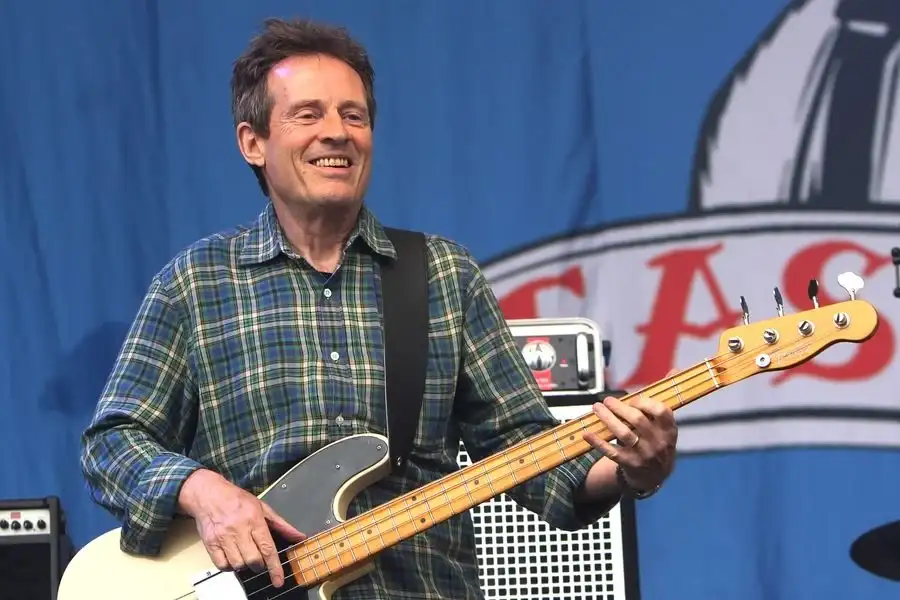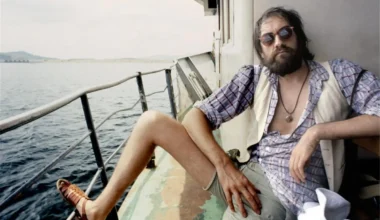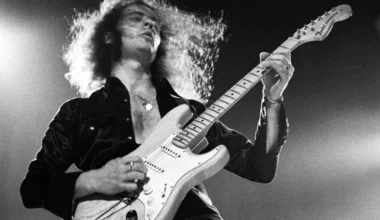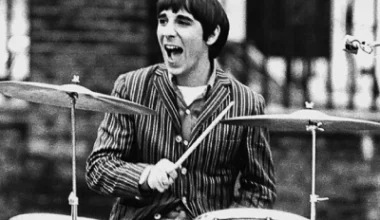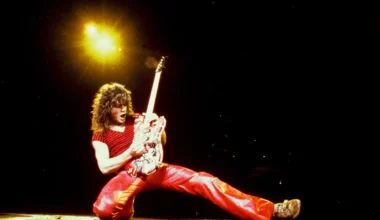Each individual in Led Zeppelin played a crucial role in shaping their identity. While some may debate the roles of Jimmy Page and Robert Plant in the band, the unfortunate reality is that they were unable to carry on without John Bonham. This highlights the vulnerability of each member in the group. John Paul Jones was consistently a valuable asset to the band. However, there was a time when he seriously considered parting ways with them during their peak.
When considering the background of each musician in the band, Jones’s upbringing in the business appeared to be the most conventional. While Page was immersing himself in the psychedelic sounds of The Yardbirds, John Paul Jones remained dedicated to his craft as a professional. He tirelessly worked in various studios, often blending into the background.
Page and Jones had a friendly dynamic while performing. However, it was only when they formed a band that the true power of the bassist’s skills became evident to most people. Given the absence of a strong bass presence during Page’s solos, Jones would occasionally treat his bass as a lead instrument. He incorporated jazz-inspired fills that one might expect in a spontaneous jam session rather than a timeless rock masterpiece.
That’s not to mention the incredible arrangements he brought to the band. Despite jokes by beginner guitarists, Jones’s flute arrangements are key in ‘Stairway to Heaven‘. Which adds a Celtic touch to the entire song.
Actually, that type of setup may have been a tad too large for a single band. Due to his dedication to developing the melodies that Page had started, Jones briefly contemplated leaving Zeppelin. He considered pursuing a career as a choir conductor at Winchester Cathedral. Although he may have made a lighthearted remark about it in 1973, the advantages were incredibly useful.
There’s no surefire way to predict the longevity of a rock band. So, Jones would have appreciated a job that offered job security. Jones was well-versed in adapting to the conductor format, having previously worked as a choirmaster in the session scene.
He even mentioned to Rolling Stone that the comment stemmed from his strong dislike for touring. He stated, “Someone asked me if I enjoy being on the road.” I replied, ‘No … I came across an advertisement for a job at the cathedral as an organist. I’m definitely interested in applying for it and I’m interested in acquiring that. I’m definitely going to apply for that opportunity. It was one of those things.
If he had chosen to part ways with Zeppelin, it would have meant departing from the band just as they were about to embark on the recording sessions for Physical Graffiti. It’s highly unlikely that a song like ‘Kashmir‘ would have received its orchestral arrangements to bring everything together. This is regardless of the band’s condition at the time.
Despite not retiring completely, Jones was able to fulfill his desire to focus on arranging again after Zeppelin disbanded. In addition to his solo albums and collaborations with bands like Them Crooked Vultures, Jones has showcased his exceptional talent by arranging music for renowned acts such as Foo Fighters and R.E.M. post-production. Zeppelin had already achieved superstar status, but once they disbanded, Jones embraced the idea of gracefully receding into the realm of timeless music.

